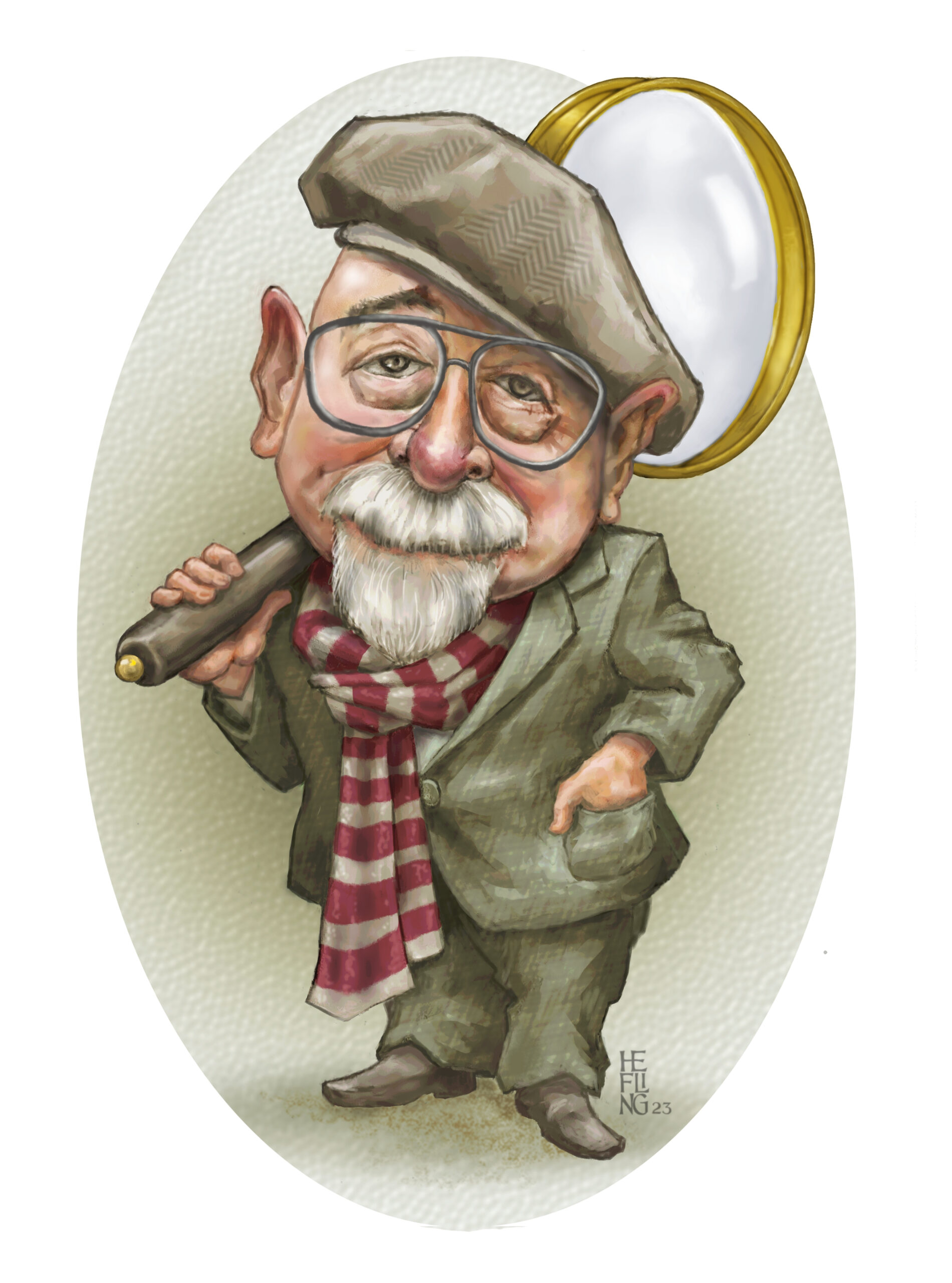IN THE SUMMER OF 1972, shortly after I joined the Gay Alliance for Equality in Halifax, Nova Scotia, where I was a graduate student at Dalhousie University, a friend came back from a trip to New York with a copy of Joseph Hansen’s novel Fadeout and told me that I absolutely had to read it, because its protagonist, Dave Brandstetter, a death claims investigator for a Los Angeles insurance company, was gay. There were few gay novels in those years—E. M. Forster’s long-suppressed Maurice had been published the previous year—and even fewer gay detective stories. George Baxt’s A Queer Kind of Death, which featured the gay—and Black—New York police officer Pharaoh Love, who’s “60s hip and calls everybody ‘cat,’” had appeared in 1966. Remarkable for the time, it was highly praised by the influential New York Times reviewer of mysteries, Anthony Boucher, who also wrote detective stories and science fiction: “This is a detective story, and unlike any other you have read.”
That is exactly how I reacted to Fadeout, which, while following the well-established conventions of the genre, was unlike any detective story I’d read—and not only because it had a gay detective who acted as if being gay were perfectly normal. For the mystery of the disappearance and later the murder of Fox Olsen was only a nominal mystery. The real mystery was that of Olsen’s life before he was murdered. There was in this novel a subtly subversive political subtext that’s much easier to detect today than it would have been in 1970, when detective stories were dismissed as pulp fiction that was apolitical and irrelevant.
Despite the enduring popularity of the Brandstetter mysteries—they are currently being reprinted by Syndicate Books—and also because of that popularity, Joseph Hansen (1923–2004) has not received the literary recognition that I believe he deserves. He is conspicuously absent from Les Brookes’ Gay Male Fiction Since Stonewall (2009). In part this may be because in many ways Hansen was a pre-Stonewall writer, even though most of his major novels came out after 1969. He was in his mid-forties when he wrote Fadeout, the first Brandstetter novel, in 1967, and it took him nearly three years to find a publisher who would accept it. He had already written a few novels under the pseudonym James Colton: Lost on Twilight Road (1964), Strange Marriage (1965), and Known Homosexual (1968)—the latter revised and republished as Pretty Boy Dead (1984), the title he originally wanted. When Hansen turned to the detective story, he was not aiming only for commercial success; he had artistic—and political—aims as well. As he later told an interviewer for the St. James Guide to Crime & Mystery Writers (1996): “Homosexuals have commonly been treated shabbily in detective fiction—vilified, pitied, at best patronized. This was neither fair nor honest. When I sat down to write Fadeout in 1967, I wanted to write a good, compelling whodunit, but I also wanted to right some wrongs. Almost all that folk say about homosexuals is false. So I had some fun turning clichés and stereotypes on their heads in that book. It was easy.”
Nils Clausson is emeritus professor of English at the University of Regina in Saskatchewan, Canada.








